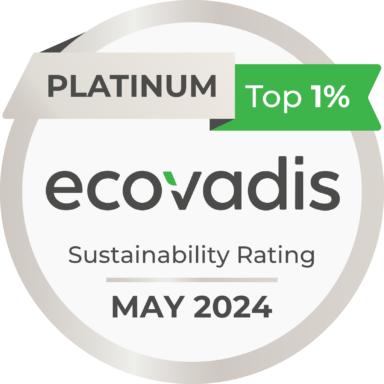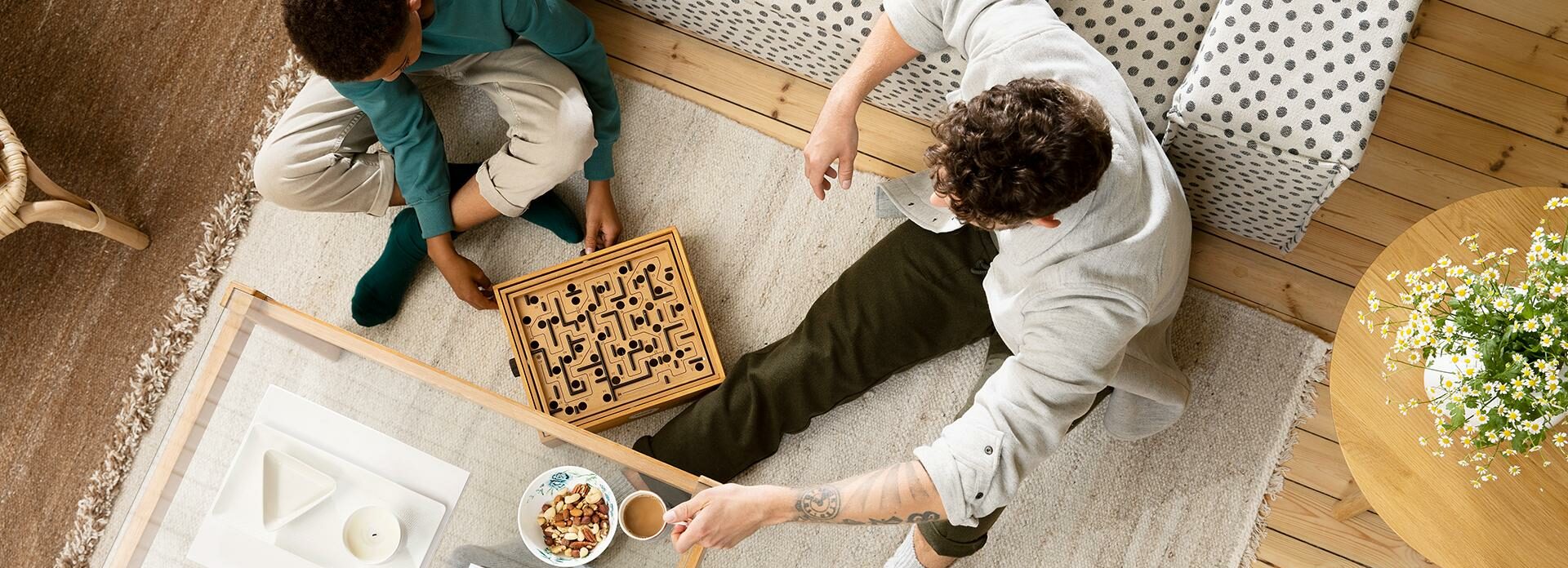
Fiskars Group as a sustainable investment
Pioneering design embraces sustainability – from ideation to sourcing, manufacturing, and business development. We want to offer inspiring and disruptive alternatives for throwaway culture, and take climate action by reducing emissions in line with a 1.5 ºC future.
Sustainability is one of the strategic growth enablers for Fiskars Group. We ensure sustainable and profitable growth by setting concrete ESG targets and linking those to our decision-making. We believe that a well-managed sustainability agenda creates competitive advantage and opportunities, reduces risks, and addresses societal challenges by creating innovative solutions and helping us to attract and engage the best talent.
Our two commitments, pioneering design against throwaway culture and making the everyday extraordinary, guide all our decisions and we monitor our progress frequently.
Key ESG ratings and acknowledgements
ESG targets
We monitor and report quarterly on the Group level ESG targets, both internally and externally. Our Business Areas and Global Functions set their own sub-targets and roadmaps to help us to achieve the higher-level goals.
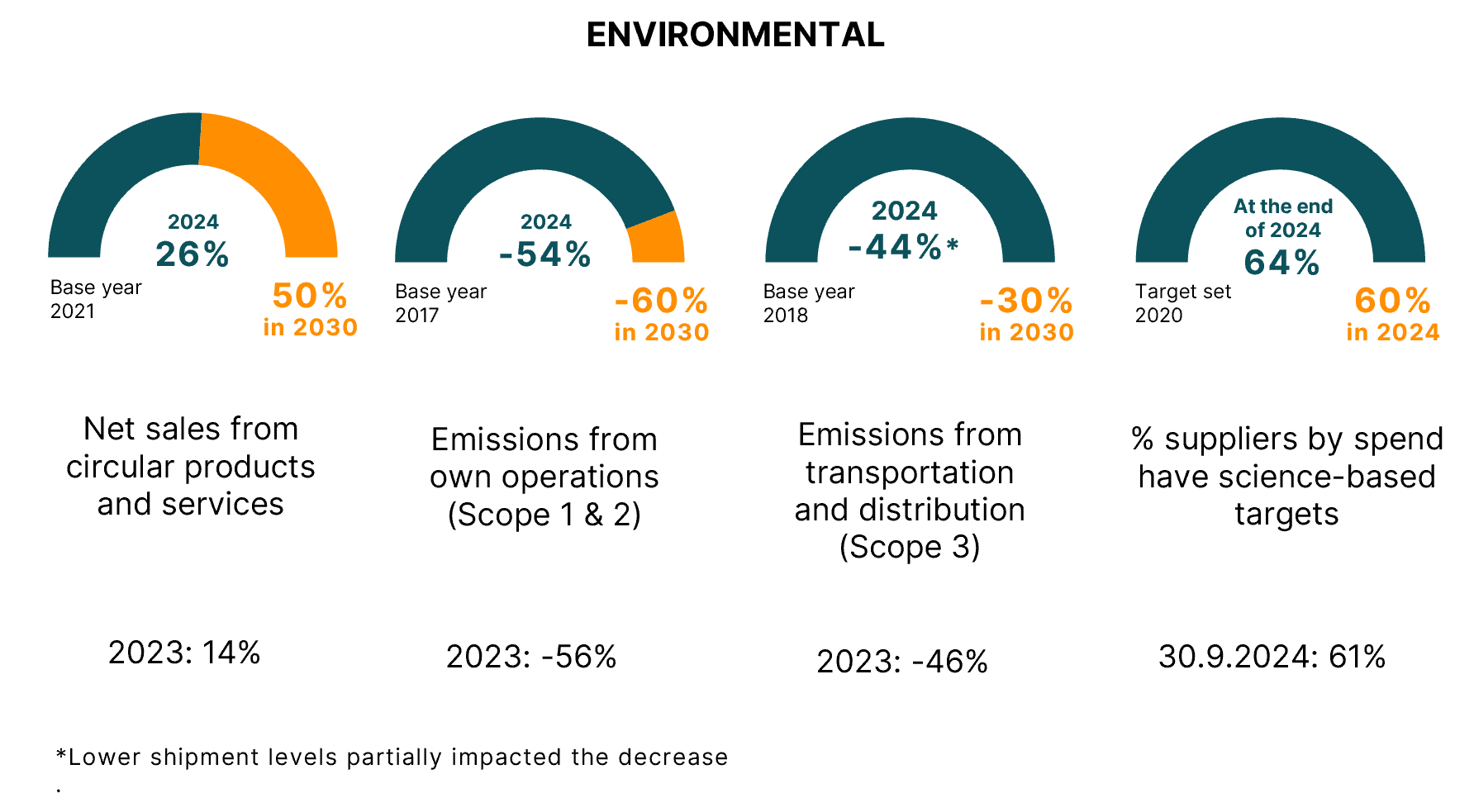
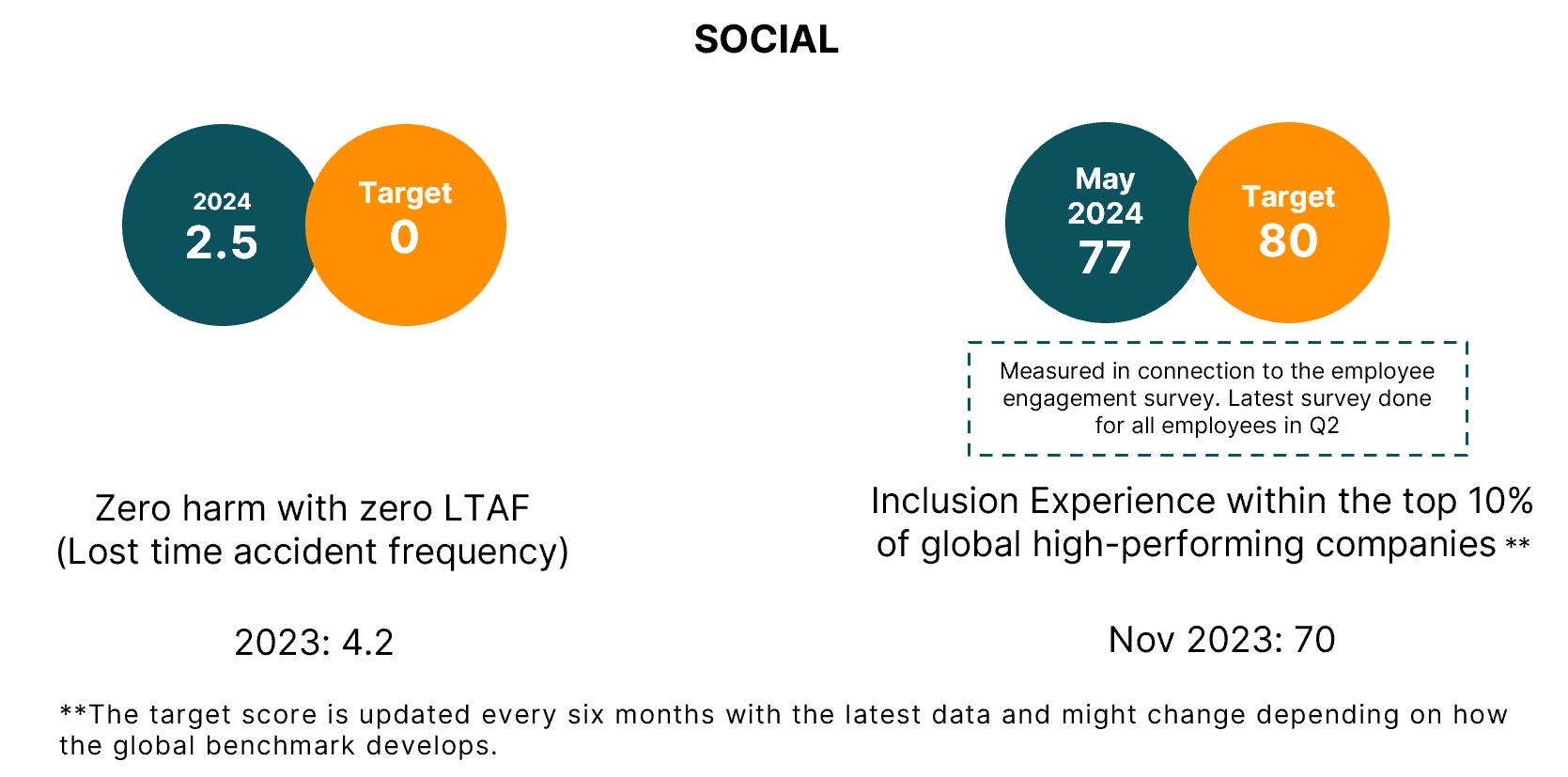
LONG-TERM NET ZERO TARGET
Our plan is to reduce climate emissions to net zero by 2049, which also marks the Group’s 400th anniversary year. Net-zero for Fiskars Group means reducing total emissions (Scope 1,2 & 3) by at least 90%.
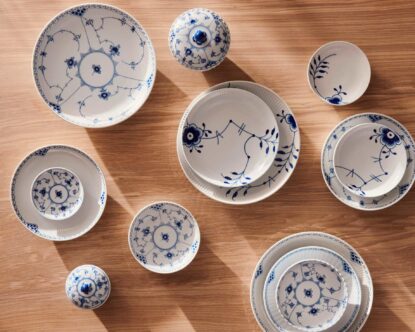
Sustainability-linked bond
We have tied our emission reductions targets to our long-term financing strategy by launching a Sustainability-linked bond framework and issuing our debut bond of EUR 200 million under this framework in 2023.
The financial characteristics of the bond are linked to the achievement of two of our main ESG targets: reducing GHG emissions from Fiskars Group’s own operations (Scope 1 and 2) and percentage of suppliers by spend with set science-based emissions reduction targets (Scope 3).
Find out more:
Financial position and debt investors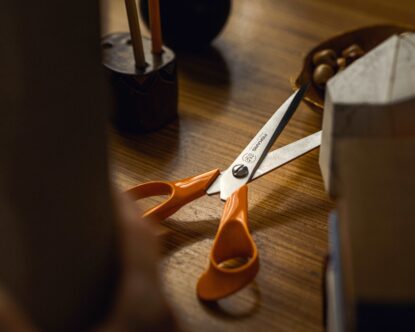
Made to last
Focusing on product design is at the core of our sustainability actions and circular economy framework. Product design and testing includes material selections, ensuring user-friendliness, testing durability, and also considering end-of-life options. Designing for quality, longevity, and circularity decreases the burden that manufacturing places on natural resources and biodiversity. This also makes sense from an economic point of view, as resources are used efficiently and less waste is generated. We also encourage consumers to take proper care of the products to keep them in use for as long as possible by providing appropriate instructions for this.

